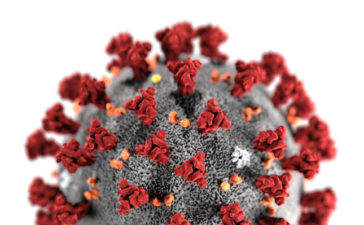In what could explain why some patients suffer from long Covid-induced lung problems, a new investigation of deceased patients has shed light on possible lung damage caused by the novel coronavirus.
The study shows the unique characteristics to the SARS-CoV-2 virus and may explain why patients suffer from ‘long COVID’ and experience the effects of the disease for months with a feeling of fatigue and lack of breath.
To dig deeper, researchers led by King’s College London analysed the organs of 41 patients who died of Covid-19 at the University Hospital of Trieste, Italy.
The team took lung, heart, liver, and kidney samples to examine the behaviour of the virus.
The findings showed extensive lung damage in most cases, with patients experiencing profound disruption of the normal lung structure and the transformation of respiratory tissue into fibrotic material.
Almost 90 per cent of patients showed two additional characteristics that were quite unique to Covid-19 compared to other forms of pneumonia.
First, patients showed extensive blood clotting of the lung arteries and veins (thrombosis).
Second, several lung cells were abnormally large and had many nuclei, resulting from the fusion of different cells into single large cells.





